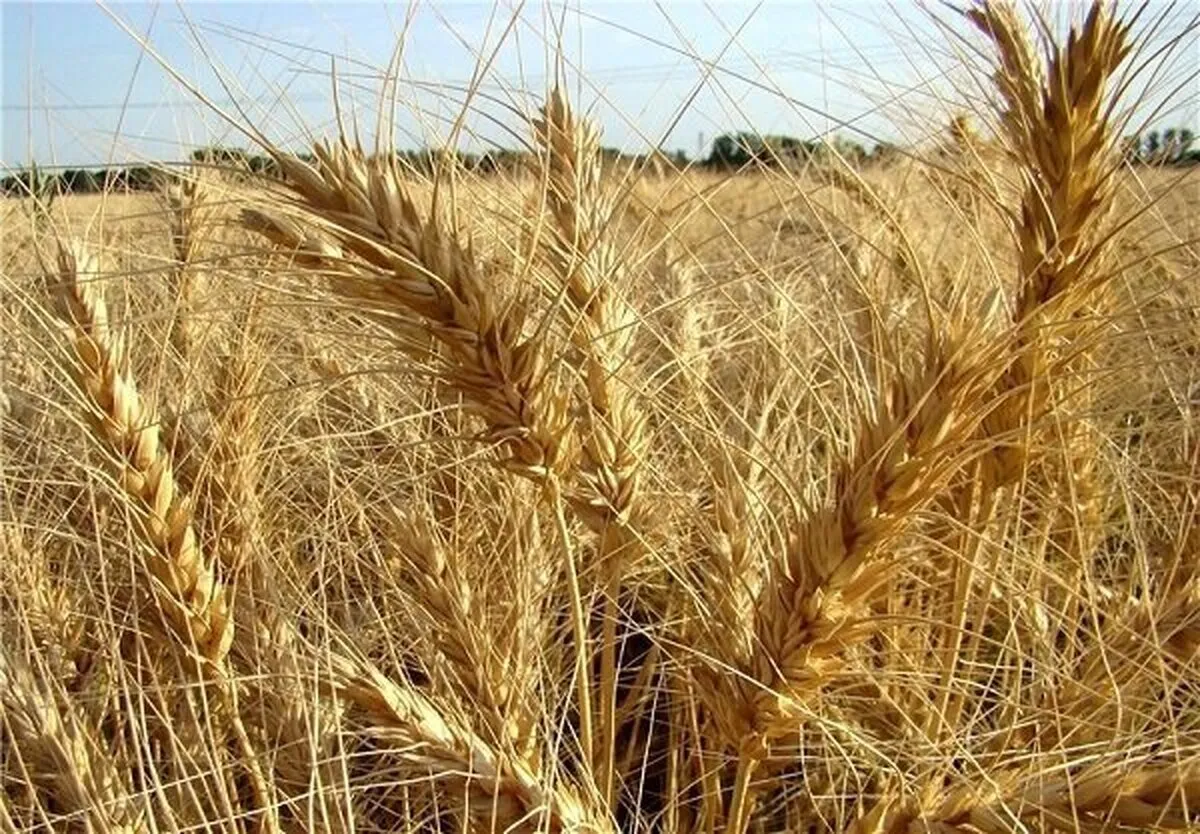Innovative Method Used by Iranian Company to Improve Quality, Productivity of Wheat

“Using the genetic potential of new varieties to increase and sustain rainfed production, given the vast area under cultivation in different regions of Iran, is one of the essential components of crop improvement,” said Rasoul Eslami, the managing director of the company.
“Therefore, we developed the production of the desired wheat variety in new and recombinant lines using the hybridization method,” he added.
Eslami explained that in the hybridization method, parents are crossed with each other in the greenhouse or in the field based on the desired agronomic features, noting, “In this process, after selecting the desired features like structure, resistance to biotic and abiotic stresses, quality and early maturity, different varieties or generations are selected and produced, etc., detailed evaluations are carried out, and finally, lines with high performance capacity, along with resistance to biotic and abiotic stresses, will be introduced as new varieties.”
In a relevant development in January, a knowledge-based company in Iran had started producing modified seeds, which have increased crop productivity due to their better adaptation to the climate of tropical regions.
“Our seeds, which are better adapted to the climate of tropical regions, have increased the productivity of products, both in terms of quality and quantity, with the resulting profits going directly to the farmers,” said Rahmatollah Karimizadeh, the managing director of the knowledge-based company.
"These products have also led farmers to turn to agricultural work; people who had perhaps given up this work in previous years due to the low productivity of agriculture and the lack of investment, which has created jobs for people in less-developed areas,” he added.
“So far, our seeds have been sent to villages in Golestan, Khorassan, Kohgilouyeh and Boyer Ahmad, Fars, and Khuzestan provinces, which are often considered as less fertile areas,” Karimzadeh said.
4155/v





















